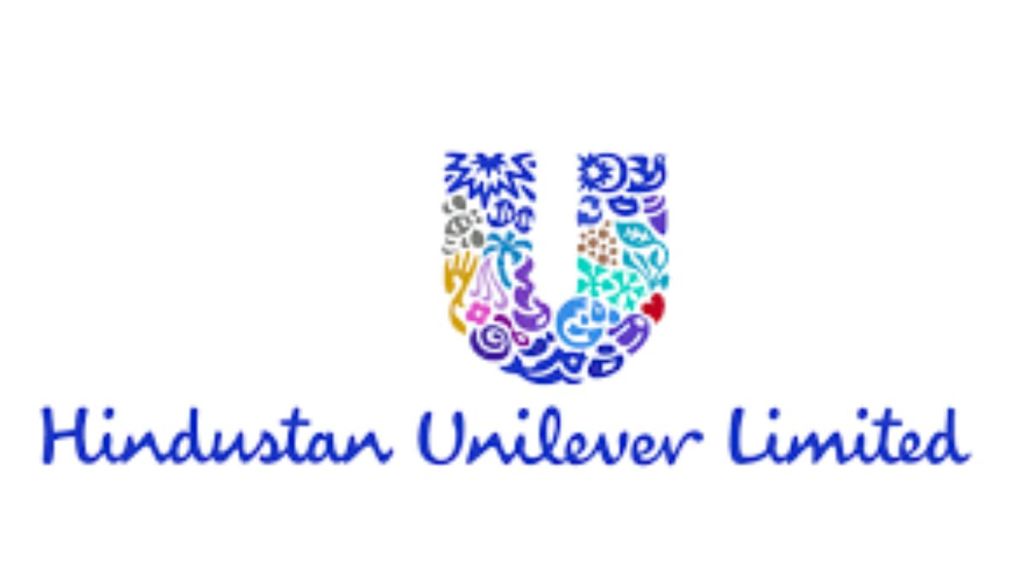FMCG major Hindustan Unilever (HUL) on Tuesday said that its Dapada factory, which manufactures home care products including Surf Excel, Rin, and Vim, has been recognised as Sustainability Lighthouse by the World Economic Forum (WEF).
The unit has been recognised for its use of innovative solutions, specifically the use of machine learning and integrated energy management systems to drive energy optimisation, and digital twin technology to accelerate eco-friendly formulations, to reduce emissions.
Also Read| Apple rolls out iOS 16.0.3 update with fixes for iPhone 14 models, Mail app, and more
One of the key initiatives was energy optimisation through machine learning. A model was deployed on the production lines to auto-correct 80% of losses in real-time through predictions based on historical trends.
Another initiative taken was to create new formulations and get them first time right. As a result of these initiatives taken by the Dapada unit, the digital transformation on sustainability has been able to reduce energy consumption by 48%, material waste by 35% and water consumption by 36%, the company said.
Sanjiv Mehta, CEO and MD of HUL and president of Unilever (South Asia), said, “The Sustainability Lighthouse status reflects the use of revolutionary technologies, including digitally enabled manufacturing processes that have amplified speed and agility, and has lessened environment impact by reducing energy, water and material waste.”
HUL has itself the target of achieving net zero by 2039, the focus of the target being emission reduction and halving the footprint of its products by 2030 against the 2010 baseline.
Also Read| YouTube to give creators a handle like Twitter and Instagram for better visibility
As part of the target, the company’s Climate and Nature Fund will redirect brand marketing investment from 2021, around 1 billion euros over the next decade into a consumer-relevant climate and nature programme.


